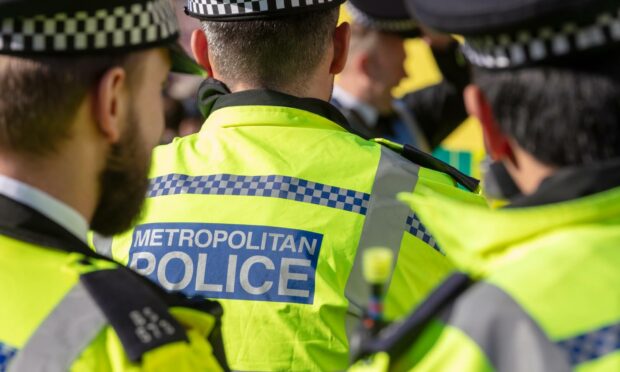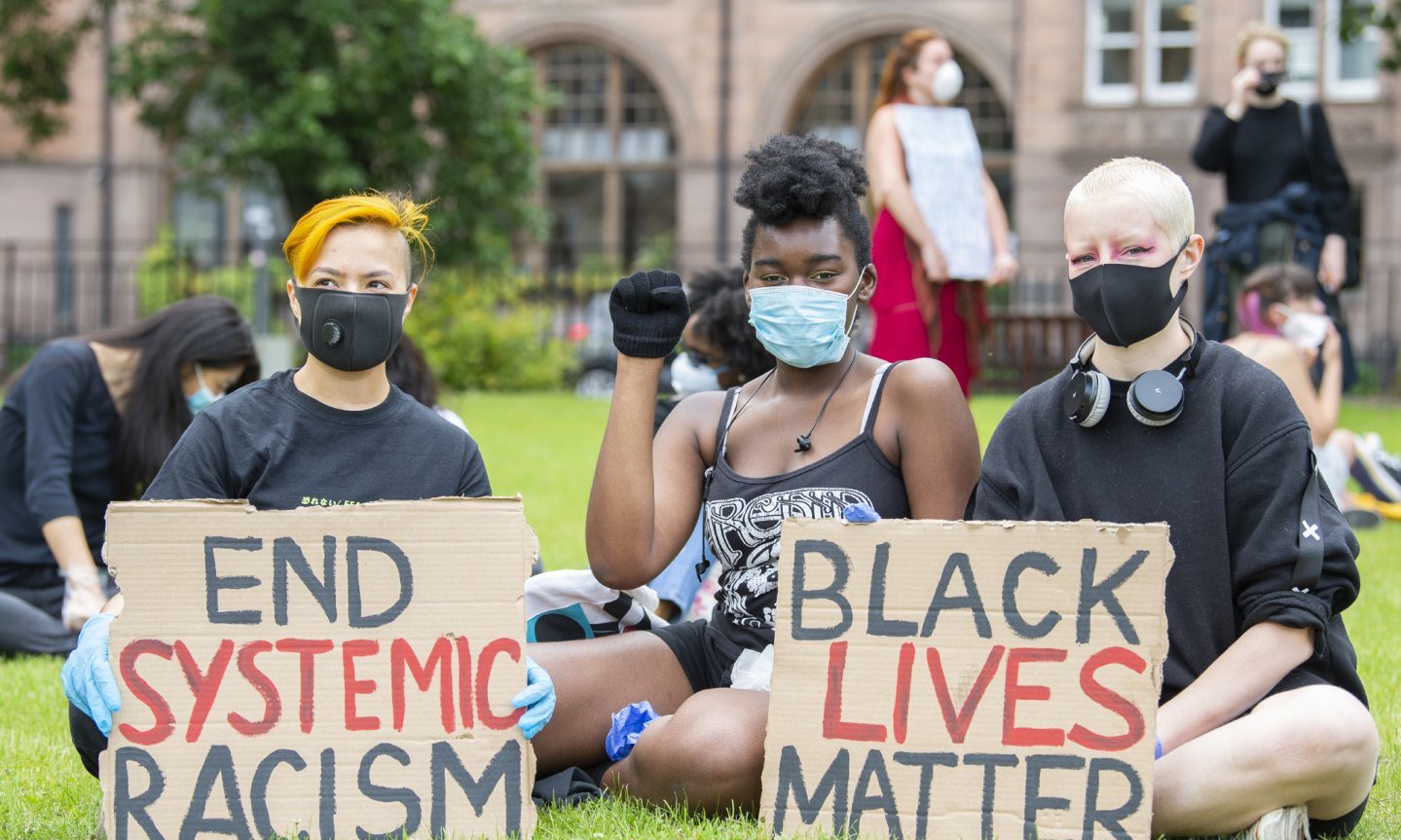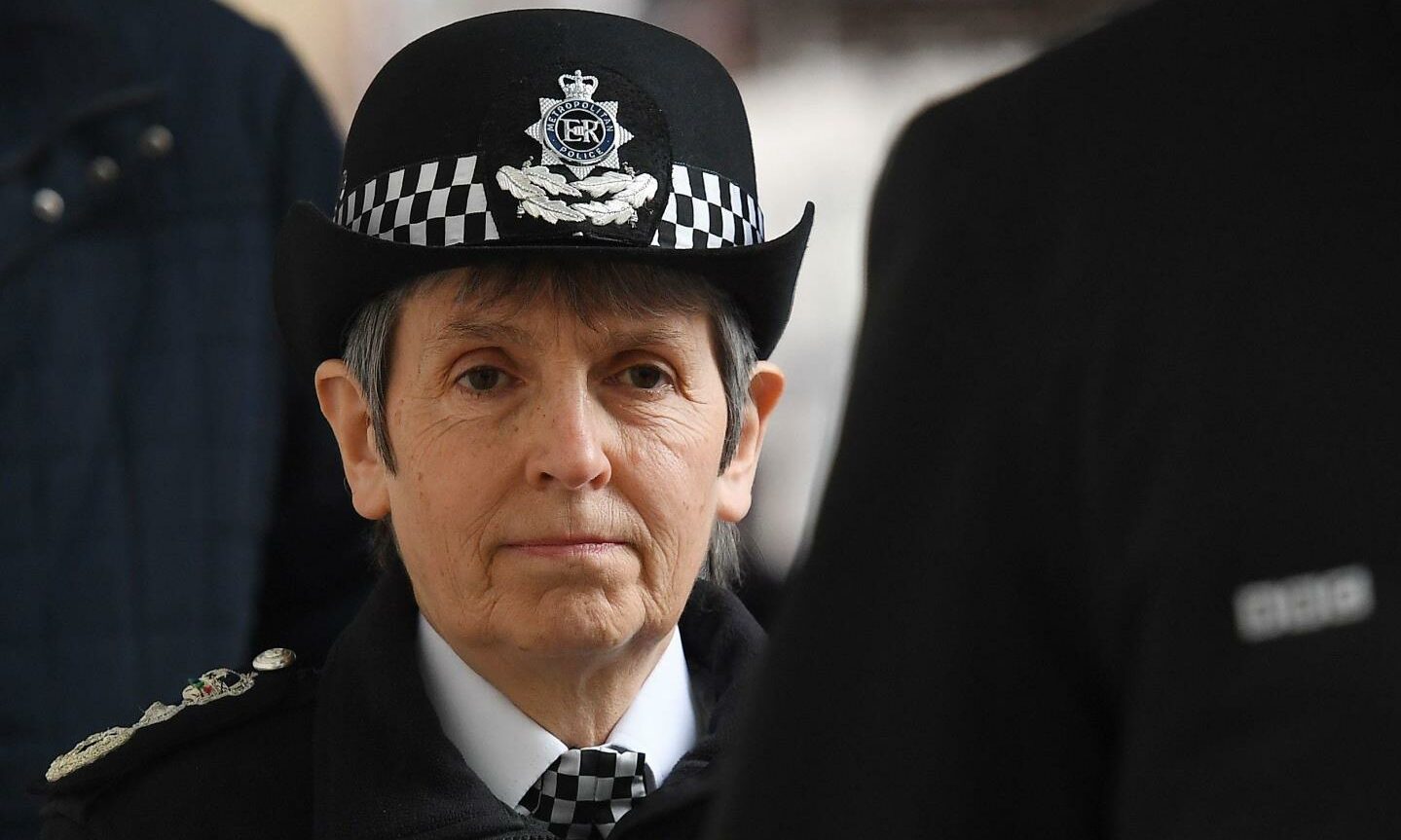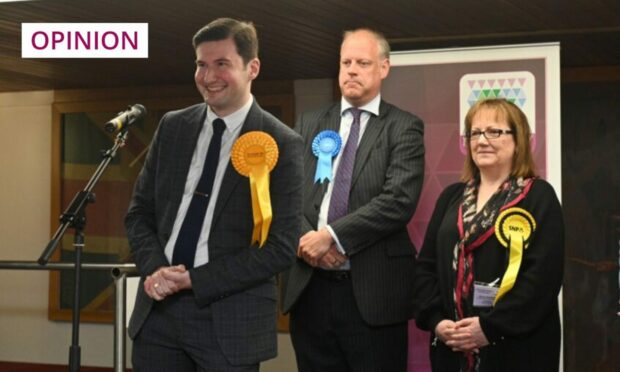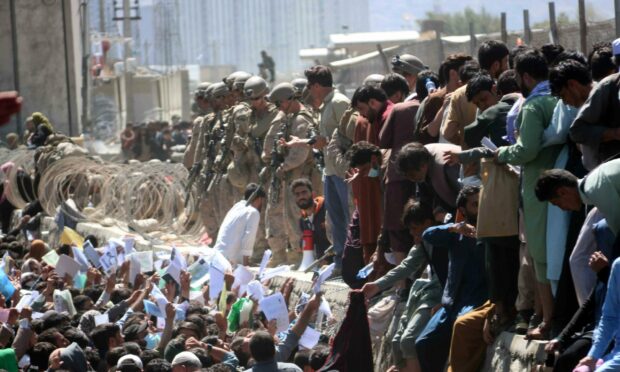I remember a former secondary headteacher friend of mine from further south commenting on the fact that you go through your career thinking people in authority positions are all decent folks; and that important organisations are filled with good, well-meaning and intelligent people.
Sadly, hard reality strikes at some point.
Two recent news stories link well to previous issues I have raised in this column. They expose the rot that exists in our society, lurking just beneath that façade of democracy and decency.
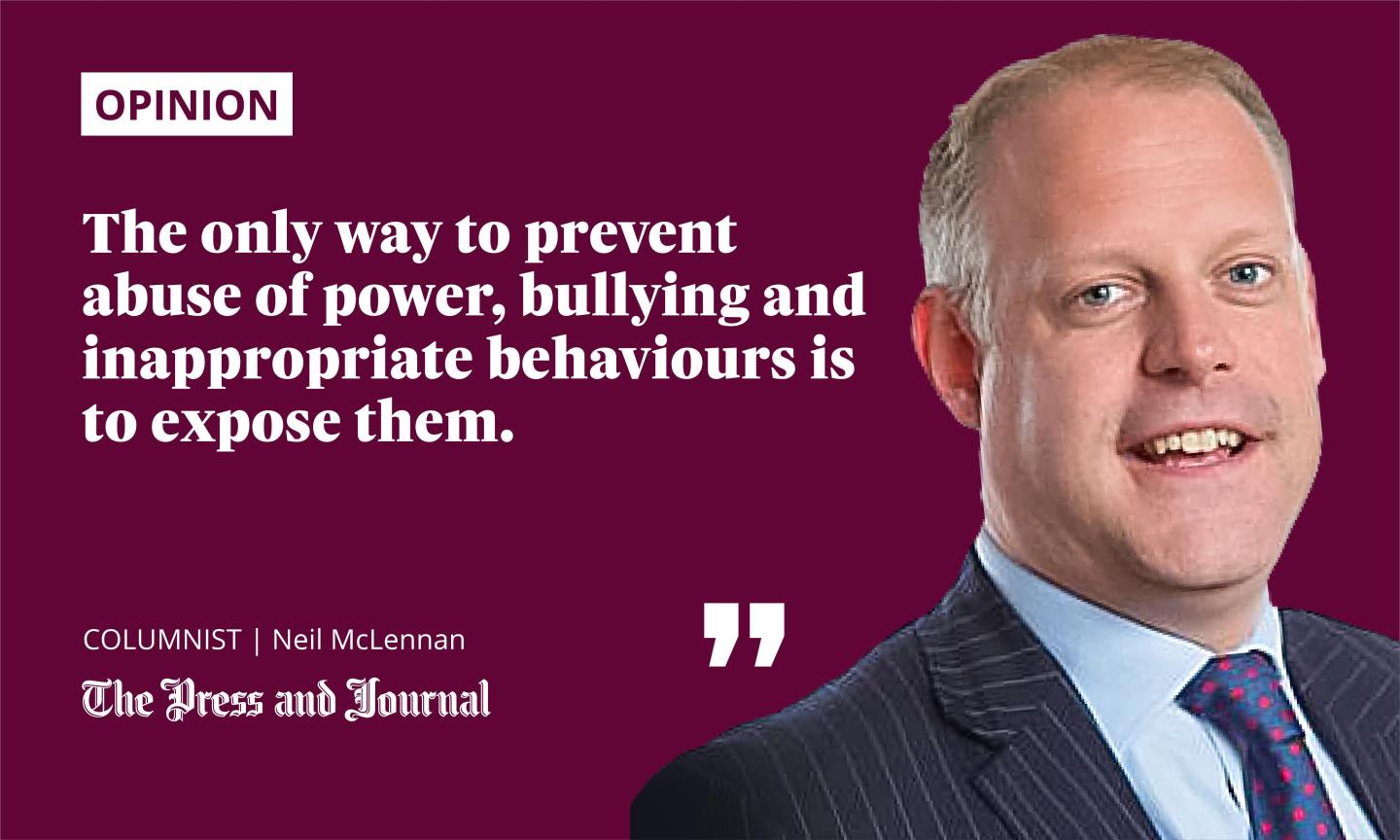
One story involved the “disgraceful” behaviours and actions of a group of Metropolitan Police officers – officers put there to protect the public, not harm them.
Their WhatsApp group messages revealed not only their views on women and race, but also evidenced behaviours towards those they were supposed to serve, including people close to them. Some of the offenders have now been charged. Their actions appear to break many laws.
The second story involves a student in a Scottish secondary school who was forced to share the abuse she suffered in the media, given that she felt her claims were not being investigated.
In this case, even upon blowing the whistle to elected members and the press, the initial belated investigation appeared compromised. The Times columnist Gillian Bowditch exposed potential conflicts of interest in the first appointed investigating officer.
We don’t practise what we preach in Scotland
All of this reminded me of preparing and giving my interview presentation to the police accelerated promotion panel. I was not long out of university, filled with vim and vigour for protecting people, and following a family line of public service, especially in the police.
My presentation topic was the Macpherson Report into the killing of Stephen Lawrence and the botched investigations that followed.
When BBC reporter Sarah Smith says she feels safer in “gun-toting America”, we have a problem
Issues of inequality and misuse of power were high on the agenda then, and they have rightly remained so since. However, I had a perhaps simple and naïve view of things back then. I did not see it as rocket science.
Surely you simply treat people as you expect to be treated yourself? And, surely everyone did that. Sadly, not all do.
Here in Scotland, racism is not seen as a major issue – although perhaps the lack of diversity in populations reflects an issue itself. Are areas not welcoming enough?
Our inequalities in Scottish society are striking in other ways, too. BBC reporter Sarah Smith recently commented on the misogyny and hate she suffered. She is not the first journalist to note political hate. When she says she feels safer in “gun-toting America”, we have a problem.
Similarly, I watched a lukewarm reception of one close contact whose background, upbringing and culture brought different views and experiences to Scotland. It was clear what others thought of them.
Here in Scotland, we can trot out mantras of equality and diversity, but we don’t practice them consistently in reality.
Some in power are only concerned with helping themselves
I have written before on children’s rights and will do so again as the country continues to try and become international charter ready in policy and practice. An investigation into child abuse cover-ups in a Scottish Borders school has just reported its findings. This is not the historic abuse of Lady Smith’s ongoing enquiry, but very recent issues.
Scotland’s policymakers will be preparing again this year to enact United Nations Charter for the Rights of the Child legislation. In many ways, we are a million miles off enacting potential children’s rights legislation.
At a senior level, we see people in positions of power more concerned with protecting and promoting their careers than those they serve
Indeed, we are also some way off fully following long-held human rights laws. The way people in power undermine children’s rights and dignity shows this.
The Borders case is just one heinous example of depravity toward vulnerable people and accusations of those acts being covered up by those in power.
A number of cases with clear evidence are exposing a disgusting culture of control. At a senior level, we see people in positions of power more concerned with protecting and promoting their careers than those they serve.
Change needs to be a transparent process
The common theme in all of this is behaviours, calling out bad behaviours, and how those in power respond. The only way to prevent abuse of power, bullying and inappropriate behaviours is to expose them.
This is especially the case when systems and organisations which should be dealing with such issues become part of the problem.
The Met, education authorities and governments all need consideration and reform. People will bring about that reform. How they do it, though, will dictate the real success of their work.
Change needs to be a transparent process, with equitable ideas input and actions engaged with. An over-managed, overdriven approach may result in further inequalities of a different kind emerging.
Those representing these organisations daily, on the frontline and in executive roles, are the litmus test for the public on behaviours and values. Quite simply, can people just behave and treat others as fellow human beings with the dignity we would wish for?
Neil McLennan writes in a personal capacity. He is a Burgess of Aberdeen and has supported every aspect of education in the north-east
